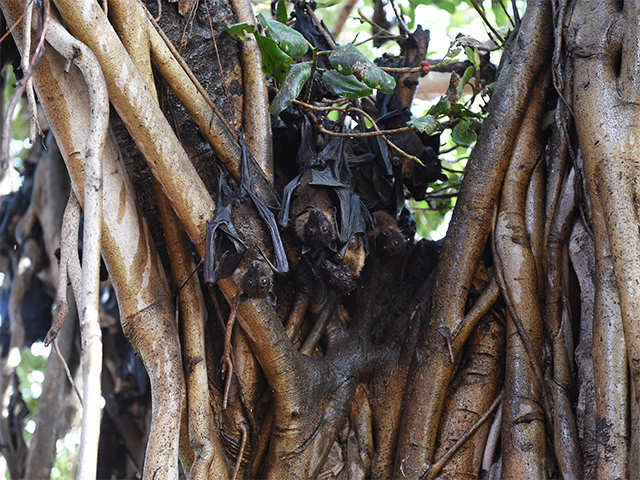
An unheard virus
Kerala has been on high alert due to mysterious deaths of eight people because of an unidentified viral attack. Out of these, three were reported to be caused by Nipah Virus (NiV). As per the National Institute of Virology, Pune, Nipah Virus is the sole cause of these three deaths. An unheard virus, NiV is yet to be understood by many. Here is what the virus is all about.
1/5
Agencies
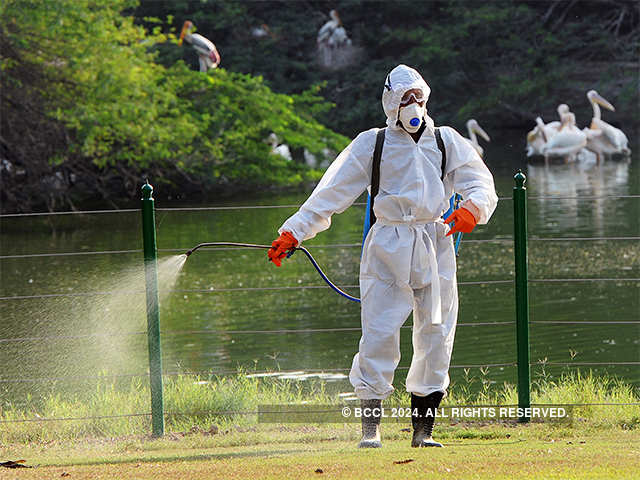
What is NiV?
As per the World Health Organisation (WHO), Nipah Virus is a newly emerging zoonosis that causes a severe disease in both animals and humans. This virus was first identified in Malaysia and Singapore in 1998. At that time, it was primarily caused in pigs and through them got transferred to humans. Nipah Virus infected as many as 265 people then, out of which 40 per cent were taken under intensive care due to the infection having spread severely. As quoted by the WHO, the natural host of the virus are fruit bats of the Pteropodidae Family, Pteropus genus.
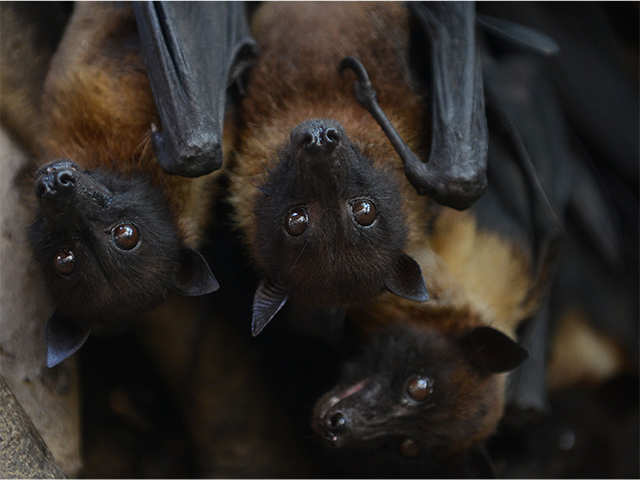
Transfer of virus
The virus can be transferred through infected bats, pigs or humans who have been infected. In 2004, humans who consumed the date palm sap infected by fruit bats, caught the virus as well. Humans who were infected by other humans were reported in Bangladesh and India.
3/5
Agencies
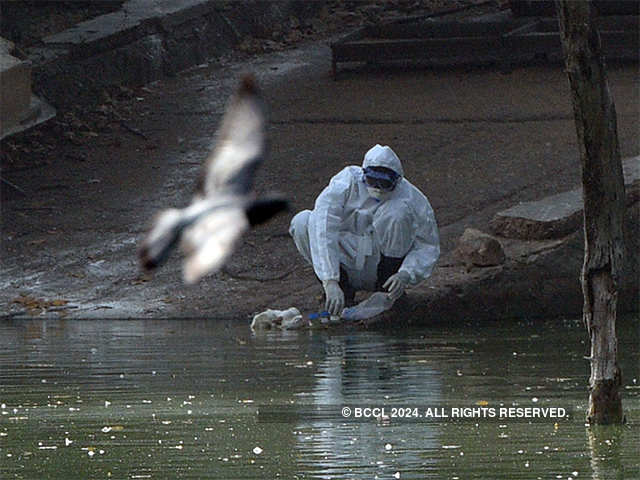
Signs and symptoms
Experts say that Nipah Virus is not an airborne transmission infection, it can only affect those who come in direct contact with contaminated bodies.
Some common signs and symptoms of NiV are headache, fever, nausea, dizziness, drowsiness and mental issues such as confusion. These symptoms can last up to 7-10 days. Watching out for respiratory illness during the early stages is also a must.
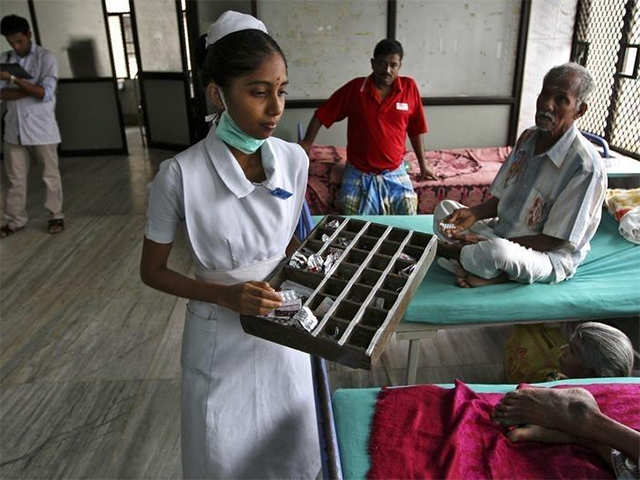
Some common signs and symptoms of NiV are headache, fever, nausea, dizziness, drowsiness and mental issues such as confusion. These symptoms can last up to 7-10 days. Watching out for respiratory illness during the early stages is also a must.

Prevention and cure
As of now, there is no particular vaccine available purely for the treatment of Nipah Virus. The only way to treat this virus is through intensive supportive care.
Avoiding direct contact with infected pigs, bats and humans in endemic regions should be practiced. Health professionals attending to such patients should take precautionary measures, such as wearing masks and gloves. If you feel uneasiness when in and around an infected region, get yourself tested immediately.
Avoiding direct contact with infected pigs, bats and humans in endemic regions should be practiced. Health professionals attending to such patients should take precautionary measures, such as wearing masks and gloves. If you feel uneasiness when in and around an infected region, get yourself tested immediately.
No comments:
Post a Comment